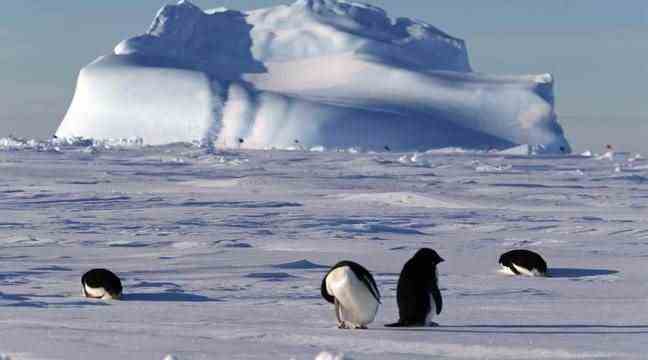The stakes in the fight against climate change “have never been higher”, insisted Monday Hoesung Lee, president of the UN climate experts, before the start of the process of approval of a new report on the impacts of global warming.
The “needs” for this report on the impacts of global warming and how to prepare for it “have never been higher, because the stakes have never been higher”, he said during a meeting. brief online session opening two weeks of closed-door negotiations.
“We know the world is already aware of the scientific evidence that the IPCC has presented year after year, decade after decade, but acknowledging the evidence is only the first step.”
“Countries, cities, companies, investors and individual players, consumers must turn this first step into a sprint if we do not want to exceed +1.5°C”, compared to the pre-industrial era, a- he added, considering this report as “capital in helping global decision-makers design responses to climate impacts”.
The world has warmed 1.1°C compared to the pre-industrial era
While the Beijing Winter Olympics are underway, the head of the World Meteorological Organization, Petteri Taalas, preferred another sporting metaphor.
“We have very successful athletes, and if you boost them, they perform even better. That’s what we did to the atmosphere. We have boosted it with fossil fuels,” he said, referring to emissions linked to the use of fossil fuels, which are major contributors to the greenhouse effect and global warming.
After more than a century and a half of economic development based on these energy sources – coal, oil or even gas – the world has gained approximately 1.1°C compared to the pre-industrial era, already multiplying heat waves, droughts, devastating storms or floods.
In the first part of its report published in August, the IPCC estimated that the mercury would reach around 2030, ten years earlier than expected, the threshold of 1.5°C, the most ambitious objective of the Paris agreement. .
Before a third opus in April on solutions to reduce greenhouse gas emissions, the second report whose negotiations began on Monday looks at the impacts of global warming, and how to prepare for it (“adaptation” ).

